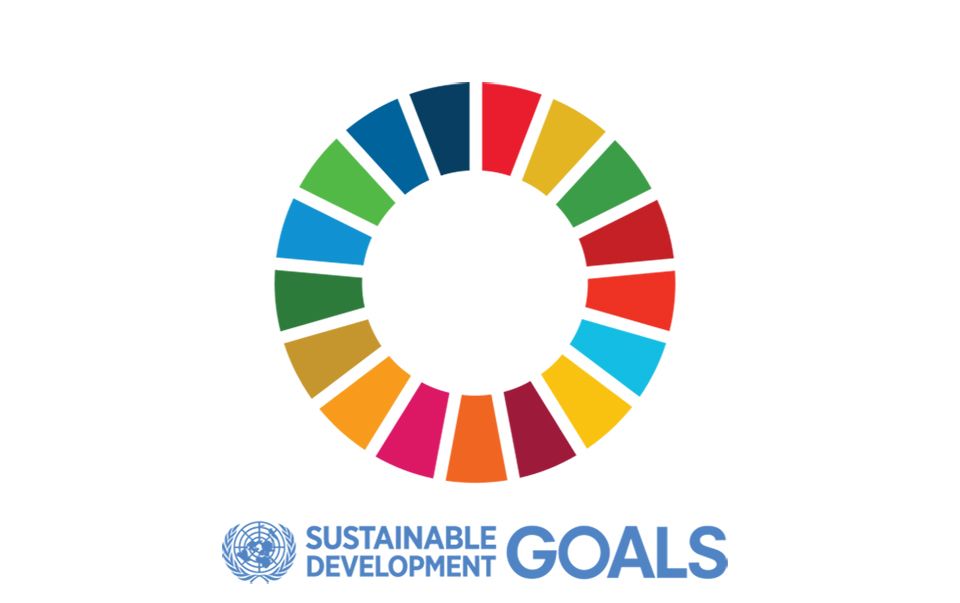Companies in funds targeting the Sustainable Development Goals (SDGs) on average sell just 1% of their products and services in countries most in need of sustainable development, Clarity AI research seen exclusively by ESG Clarity has found.
The sustainability data platform looked at different countries’ progress towards the SDGs as laid out in the SDG Index and then compared this with the geographical distribution of revenue in 53 public equity and fixed income SDG funds (those with ‘SDG’ or ‘Sustainable Development Goals’ in their name).
It found companies in SDG funds receive more than 75% of their revenues from countries in the top-quartile of those that have made most progress towards achieving the SDG targets. Even the fund with the highest average revenue from countries at the bottom of the scale has only 5% of its index-included companies’ revenues coming from these countries.
See also: – SDG investing must get more sophisticated
“The goal of SDG funds is to invest in companies that contribute to solving the SDGs, but our research shows a disconnect between investment focus and country needs,” said Lorenzo Saa, chief sustainability officer at Clarity AI.
“To maximise the impact of SDG funds and effectively contribute to global development, it is crucial for investors and asset managers to gain visibility into the areas where companies are selling their products and services that contribute to the SDGs.”
Concern over ‘SDG-washing‘ has been growing, with commentators identifying geographical assessments as a key consideration in any robust methodology.
SDG funds can justify their alignment or impact on an SDG(s) in a country more advanced on SDG targets, of course, but Stuart Forbes, co-founder of Rize ETF, said those funds without much exposure to countries at the least advanced end would still raise red flags.
“The geographical application of a company’s products and services is really crucial in understanding whether that company is having a positive impact and that’s where most asset managers totally fall down because they haven’t gone anywhere near producing a detailed framework that sets that out,” Forbes said.
But it can be difficult to invest in more complicated markets. A Util report last year on the SDGs referenced a bias towards “large companies with reporting resource and against those in developing markets, due to perceived social and governance flaws and straightforward data gaps”.
Mathieu Nègre, portfolio manager of the UBAM Positive Impact Emerging Equity Fund at UBP, agreed low levels of governance and high levels of political controversy can be an issue.
He said it is perhaps not surprising to find the majority of public equity SDG funds invested in developed markets (which tend to have made more progress towards the SDGs) also because of the constraints of benchmarks and liquidity requirements, and while findings may not be the same in private markets, it still demonstrates a need for more emerging markets managers.
“All these constraints lead to managers trying to find investments that make sense but not necessarily where the money is needed,” he said.
His fund, which does not have SDG in the name, takes companies’ geographical location into account, scoring those higher on impact that operate in countries where things like the SDGs are less developed. This then has an impact on portfolio positioning.
But he thinks this is at the margins. “In general, we have to accept most SDG strategies invest in developed markets. I would have expected to have more competitors at this stage – it’s probably less than 10.”
Clarity AI said it hopes its research “emphasises the urgency for investors and asset managers to align their investments with areas requiring the most attention”, noting that strategic and responsible investment in SDG funds has the potential to generate greater positive impact and drive transformative change.








